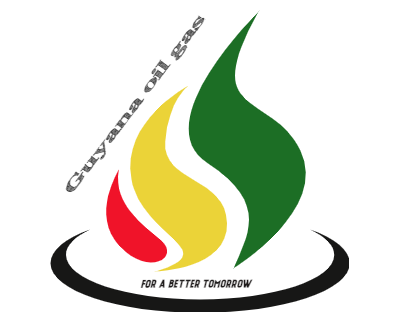Dear Editor,
International organizations like the European Union and the US State Department have joined local groups that are calling upon the PPPC to expand inclusivity measures in their governance model.
Some of those measures are incorporated into the workings of commissions (constitutional and non-constitutional). However, for most Guyanese, their knowledge of the operations of these bodies and how they facilitate inclusivity is fuzzy. Guyanese seem to know more about power sharing than inclusivity.
The Parliamentary Sectoral Committees (PSC: Economic Services, Security, Social Services, and Foreign Relations) and the Parliamentary Public Accounts Committee (PPAC) all have crucial decision-making authority. The PPAC is chaired by an Opposition member, while 2 PSCs are chaired by Government representatives and 2 by Opposition representatives.
The Chairs of PSCs rotate annually.
These committees can question Government policies, and summon Government ministers and top Government officials to explain policy lapses. The Parliamentary Committees can demand corrective measures where appropriate.
Although I had earlier (10/4/24) described some mechanisms that impact inclusion, I did not define the concept of inclusivity. In my view, inclusivity is a mechanism that provides an opportunity for the Opposition, established NGOs, Private Sector, NDCs, community groups, and individuals to play a meaningful role in the public decision-making process in order to achieve fairness in the allocation of resources; elimination of race bias; provision of ready and easy access to education, healthcare, potable water; safe neighbourhoods; reduction of poverty and dependency.
The first genuine attempt at inclusivity occurred before the general elections of 1992, and marked an end to the PNC dictatorship even as it paved the way for the crafting of an inclusive formula to appoint the GECOM Chair.
The Leader of the Opposition is required to submit the names of 6 persons who are not unacceptable to the President, and from that list, one person would be appointed as GECOM Chair. The CCJ (Caribbean Court of Justice) says that the amendment to Article 161(2) indicates that the process is designed to promote “consensus and inclusiveness.” However, most of the inclusive mechanisms in existence have been developed in 2000, as part of the Herdmanston-driven Constitutional Reform Process.
How the Government and the Opposition react to the workings of existing inclusive mechanisms is mixed: the Government seems comfortable, while the Opposition appears uneasy. At the constitutional bodies, the Opposition is represented but they lament the failure of the Government to activate the Human Rights Commission.
It is at the statutory bodies (outside Parliament) over which Mr Aubrey Norton’s concerns run deep. PNCR states that although the Opposition has two representatives in the 5-member Public Procurement Commission (PPC), there is no Opposition representative on the National Procurement and Tender Administration Board (NPTAB). They argue for 2 representatives at NPTAB.
To accommodate this request, the law must be amended.
In respect of the Natural Resources Fund, the Opposition complains that the 9-member Public Accountability and Oversight Committee (PAOC), though having one nominee from the National Assembly, they have no representation; likewise on the 3-5 Board of Directors, while one nominee is from the National Assembly, they have no seat.
Again, Opposition representation in these bodies could happen if an amendment to the NRF Act No 19 of 2021 is made by Parliament.
The law does not allow for Opposition representatives to be on statutory (state) boards. To promote inclusivity could be through the legal process, in which the relevant laws must be amended. To promote it through consultation is problematic. The Government would be reluctant to appoint an Opposition representative who could potentially disrupt the operations of statutory bodies due to differing ideological approaches.
While the APNU+AFC were in power, they never sought to include Opposition (PPPC) representatives on state boards. Another major hurdle is that the Opposition still refers to the PPPC government as “installed.” Mr. Norton claims that he cannot shake President Ali’s hand because “I dislike what he is doing to my people.”
While there are other areas in which inclusivity can be explored, such as the budget process and appointment of Cabinet ministers, the policy of taking the Government to the people — that transcends political parties, NGOs, geographic boundaries, ethnicity, gender, and religion — is allowing the PPPC government to obtain first-hand information from community engagements in all 10 regions.
The PPPC believe they can identify the people’s needs through the level and intensity of their interactions with them. Frequent community engagement has become a powerful inclusive mechanism of governance; in a few years hence, it would become an institution. This is not to suggest that other measures of inclusivity should be minimized; rather, they should be part of the inclusive model.
Sincerely,
Dr Tara Singh
The post Community engagement is an inclusive mechanism appeared first on Guyana Times.
